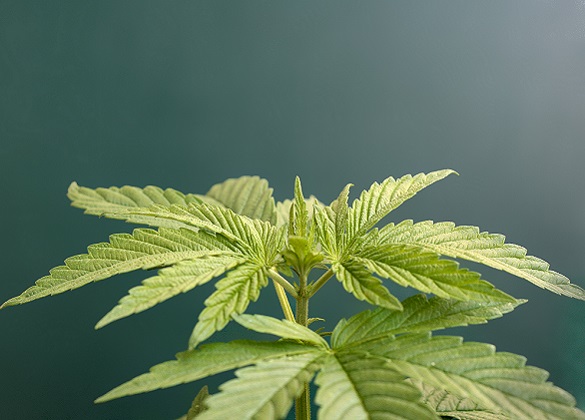Marijuana has been a political and controversial topic for numerous decades in the Unites States. Since the state of Colorado legalized marijuana, other states are following suit and examining the impact of legalization.

Medicinal marijuana has shown to be beneficial in some cases. Doctors will prescribe it for patients who are diagnosed with:
- Cancer
- Muscle spasms
- Chemotherapy
- Poor appetite and weight loss caused by chronic illness, such as HIV, or nerve pain
- Seizures
- Crohn’s disease
The New York Times recently published an article detailing the findings of Dr. Jodi Gilman at Harvard and Northwestern University in relation to the effects of Marijuana on the brains of 18 to 25 year olds. The study shows major differences in certain regions of the brain depending upon the amount or how often they smoked.
Check out Linda’s article related to the development of the teenagers in her article, “The Scary Truth about the Teenage Brain.“
In the article Abigail Sullivan Moore writes, “Young people who smoke early and often are more likely to have learning and mental health problems.”
There are many other problems and concerns about the effects of marijuana on the young brain. For example, NIDA for Teens cites that marijuana smoking can affect learning, memory, coordination, and judgment.
As parents, we are always concerned and worried if our teen becomes involved in any form of drug use. By not lecturing but talking calmly to our teens about the newest research on marijuana on the growing brain, we can empower and educate our teen about making better choices.
By bringing home articles or printing off information that is relevant at proper stage of development, it can educate our families on the latest research which can create a dialogue between parent and teen.
 Here are some tips and strategies for communicating with your teen about drugs:
Here are some tips and strategies for communicating with your teen about drugs:
- Talk openly with your teens
- Stay actively involved in their lives
- Get to know their friends
- Set limits and curfews for your teen
- Be particular and careful with the words you use.
- Remind your teen that in addition to the physical detriments, they can be very costly habits
- Praise your teen for staying focused on their schoolwork and not allowing peer pressure to influence them with drugs.
- Talk about addiction and the effect on people you may know or within your own family.
Parents, our teens will role model our behaviors. If we indulge in alcohol or drugs, then our teens may have the propensity to do the same. It is critical that we pay attention to our own attitudes and values if we want our teen to live a healthy and happy life.

















